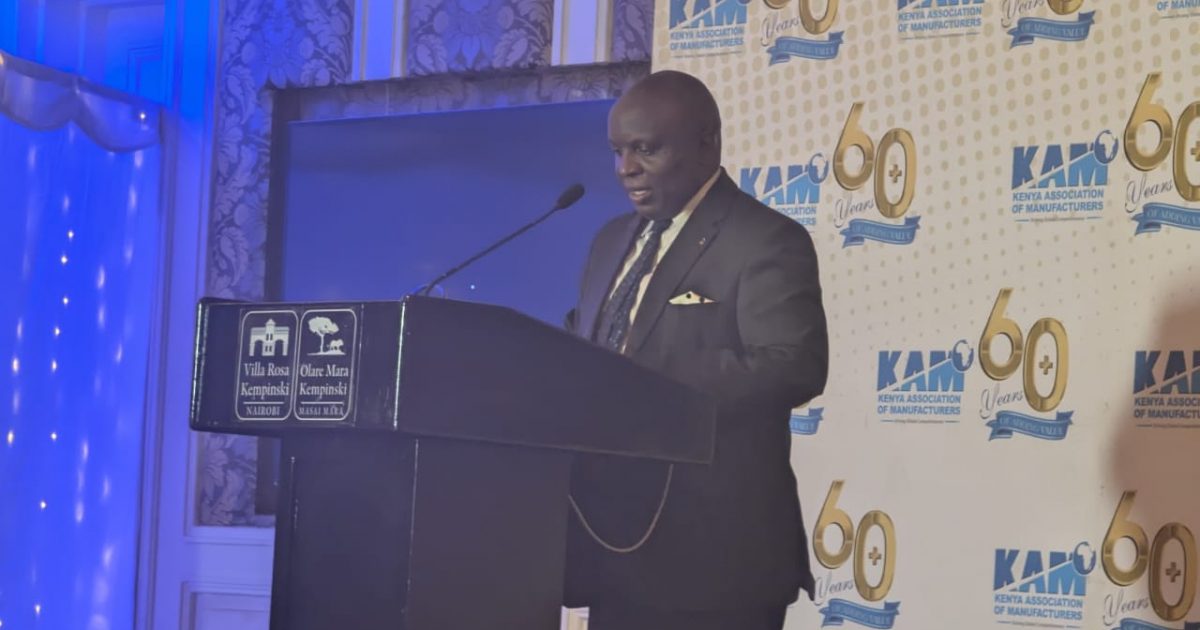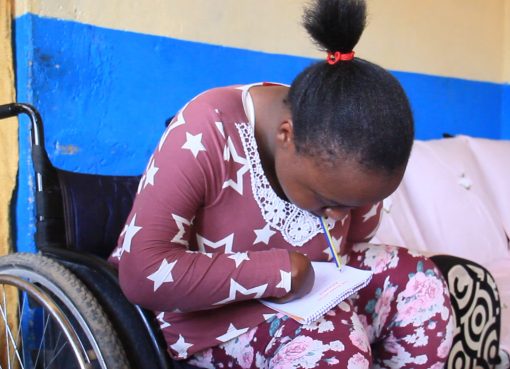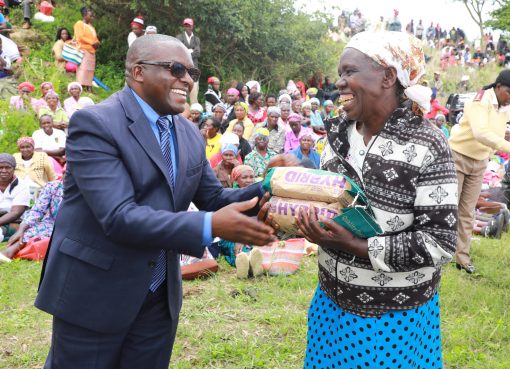The Kenya Association of Manufacturers (KAM) has launched a procurement study to promote market access for locally produced goods and build a resilient economy.
KAM commissioned this study to pursue its core mandate of policy advocacy and trade promotion.
Industry Principal Secretary, Dr. Juma Mukhwana stated that the manufacturing industry is a key economic sector that accounts for about 7.6 percent of the Gross Domestic Product (GDP) in the country.
In a speech read on his behalf by the Industrialization Secretary, State Department for Industry, Prof. Erastus Gatebe, Mukhwana revealed that the manufacturing sector contributes at least 18 percent of the total taxes in Kenya annually.
“Despite this contribution to the economy, the sector faces challenges such as competition from imported goods and illegal dumping of goods in the market,” lamented the PS.
Nevertheless, he pointed out that the Government has put in place reforms to support initiatives like the procurement system.
Some of these reforms, according to the PS, include the local content policy which promotes the national agenda participation and international competitiveness of Kenyan national firms at the county and national level.
“The government has also enacted a public procurement regulation which strengthens the regulatory and the institutional framework of public procurement,” added Dr. Mukhwana.
In terms of access to public procurement opportunities, the PS disclosed that the Government has set aside 30 percent of opportunities for women and people who are abled differently.
He at the same time said that the elements of the master roll of locally produced goods within the study create a preferable environment for investment and expansion of the economy.
“In turn, the manufacturing sector will benefit from increased sourcing of locally produced goods thereby increasing the country’s economic and social growth,” noted Dr. Mukhwana.
The PS commended KAM for developing the study as it would help to address various challenges in the manufacturing sector and assured stakeholders of the Government’s commitment to supporting the sector.
KAM Acting CEO Tobias Alando revealed that the study would create a platform for engagement with policy makers on issues around procurement.
Alando announced that KAM has an ambitious program to employ one to three million people by 2030 in a bid to grow the country’s GDP.
“The only way we can create more employment is through functional industries. This is through selling locally produced goods to the export market,” he maintained.
By Manu Mumba and Cynthia Wanjiru





